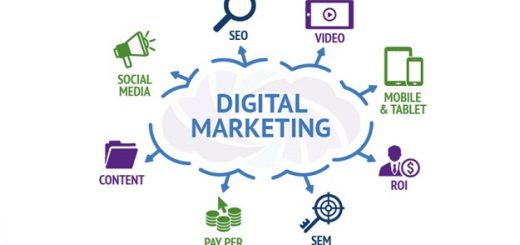A healthcare system is the massive entirety of processes, platforms, people, and data. Proper governance of medical data will allow systematizing and combining all this, improving the effectiveness of treatment and the interaction between all the components of the system.
However, data governance is difficult to implement in healthcare since, in addition to the large scale, it poses the following problems:

# accessibility – many participants (medical service providers, patients, affiliated companies, etc.) do not welcome the exchange of data due to the difference in their goals and desire for anonymity.
# poor data quality – all data must be filtered out from duplicates, unified and systematized so that any participant in the process could use them equally and conveniently.
# medical staff’s disinterest – when entering data into electronic systems, doctors do a great job but spend less time with patients. Also, there is too much data on paper, and doctors’ handwriting often leaves much to be desired.
# ethics and confidentiality of patients – many of them are reluctant to provide their data for research or other purposes.
Governance data serves as a kind of asset. The health and even the life of many people depend on this asset. A governance system must operate in such a way that access to the data is possible at all times, without delays, and the data itself must meet certain requirements. All these efforts are aimed at improving the health of every person, optimizing all the processes from electronic documentation to prescribing treatment, and maximizing the convenience of interacting with the system for each participant.
What Are the Three Components of the Governance Structure of a Healthcare Organization?
There are health care providers, medical staff and patients. Each component is unique in its own way. Data governance should improve communication between patients and service providers, which should result in better healthcare, more effective treatment and disease prevention.
A provider has to understand what service is covered by insurance, how much it costs, etc. More and more healthcare providers are beginning to use enterprise master patient indexes (EMPI) to work with electronic medical records (EMR). Thus, these are the first steps towards creating a unified medical record for a patient, as well as towards smart platforms for health providers like those presented at https://greenm.io/healthcare-analytics/
What Is the Difference Between Data Governance and Information Governance in Healthcare?
Data and information governance are not synonyms. As to information, it is simply an accumulation of some characteristics and facts related to a specific patient. This is scattered data, which can be useless in and of itself. But when governing the data, it forms a holistic picture for the patient. Data governance combines disparate fragments into a single whole and systematizes information. A single measurement of blood pressure can show its increase, but only a series of measurements will show the dynamics that can be used to prescribe treatment.
What Are the Information Governance Principles of Healthcare?
First of all, the principles of data governance in healthcare should comply with ethical and legal norms (anonymity, etc.). Ideally, data should be of high quality, unified, and applied safely and ethically. This is especially important for organizations working with large volumes of data – standardization and cleanliness of the latter are very important here. Otherwise, errors are inevitable, which means problems with treatment and other issues.
What Is the Importance of Data and Information Governance in Healthcare?
By governing data and information in healthcare, the following results can be achieved:
Improving the interaction of service providers, medical staff and patients
Medical organizations will see only actually provided services, and providers themselves will appreciate the size of bills, type of insurance, etc. Medical staff will receive a unified register of patients with clear cataloging and data of the same type and high quality. Patients will feel themselves more comfortable and protected, understanding how the whole mechanism works.
Gaining data privacy
Proper data governance will increase the level of information security. A multi-stage protection system will be more effective than current options.
Faster transition to ICD-10
The International Classification of Diseases (ICD) encodes a wide variety of medical cases. The current ICD-9 should be replaced by the new ICD-10, and data governance should accelerate this process. There are more codes, and only programs can cope with this.
Standardized terms for any medical organization or staff member
Fragmentation of metadata or clinical terminology in medical histories does not affect patient treatment in the best way, for example, when changing a medical institution. Data governance should also solve this problem because the rapid exchange of medical information between different systems is the basis for proper treatment and prevention of diseases. Even if a patient was treated by different specialists and examined in different places, data governance will allow observing a full picture on this patient, and therefore, appropriate treatment will be carried out.




